Who's behind alleged war crimes in Ukriane?
By John White
It comes into the category of ‘stating the obvious’ that all sides commit atrocities in war - especially in the course of modern conflicts fought out in urban centers in and around civilians. Indeed war itself is an atrocity, reflective as it is of a complete breakdown in human affairs whenever and wherever it erupts. This is why it is incredibly incumbent on those in positions of power to do everything possible and exert every sinew to avert war through the judicious use of diplomacy.
For this reason historians worth their salt will look back on the failure to avert the conflict in Ukraine and level an unambiguous j’accuse at the door of Washington, Brussels, London and Kiev. Why do I say this? Well, using Kiev as a cat’s paw, it is from the first three of these capitals that the provocation of Russia has emanated with the expansion of NATO up to Moscow’s western border over recent decades.
However, this aspect of the conflict in Ukraine has been covered extensively elsewhere. The purpose of this article is to mine the competing narratives over the brutality that has been meted out to POWs and civilians as the conflict continues to unfold with no end in sight at this writing.
The accusation that war crimes have and are being systematically committed by Russian forces against Ukrainian civilians has so colonized Western media coverage of the conflict in recent weeks, you might actually believe that the Ukrainians are fighting their side of the conflict with bows and arrows rather than the vast array of NATO supplied weaponry that has been flowing into the country since hostilities began.
Which brings us on to Bucha.
It’s always the case in war that certain towns achieve international name recognition and fame for all the wrong and most tragic reasons. Think Guernica during the Spanish Civil War, My Lai during the Vietnam War, Srebrenica in Bosnia, Fallujah in Iraq, Aleppo in Syria, and now, currently, Bucha in Ukraine.
Located some 25KM (16 miles) northwest of Kiev, with a pre-conflict population of 36,000, Bucha has commanded the world’s attention over the murder of civilians that was carried out there, evidenced in news footage and images of dozens of dead bodies strewn along its war-torn streets, many with their hands tied behind their backs.
The question of who slaughtered them has been answered with one voice in the West: Russia. Yes, Russia is responsible. This despite the fact that even the Pentagon itself announced that ‘atrocities in Ukraine cannot be independently verified’, though with the added caveat that the US military has no reason to disbelieve Ukrainian accounts either. As for the Kremlin, it has strenuously denied that it’s forces were responsible for what transpired in Bucha, claiming that the massacre was carried out by Ukrainian forces and blamed on Russia for propaganda purposes.
Let us now turn to what we do know, based on the verifiable information which has thus far come to light:
- On March 30 Russian forces pull out of Bucha
- On March 31 the Mayor of Bucha declares the town ‘liberated’, while making no mention of atrocities having been committed by the Russians during their occupation
- Ukrainian forces enter Bucha on April 2
- On April 3 the Ukraine Ministry of Defense publishes videos of victims of alleged Russian atrocities
The express purpose of the Azov Battalion and other Ukrainian forces deploying to Bucha in the wake of the Russian withdrawal was set out in an April 2 report published by the Ukrainian news site, LB.ua: ‘Special forces have begun a clearing operation in the city of Bucha in the Kyiv region, which has been liberated by the Armed Forces of Ukraine. The city is being cleared from saboteurs and accomplices of Russian forces.’
Taken together, the picture that emerges involves Ukrainian forces, in the process of the above-mentioned ‘clearing operation’ in the town of Bucha, summarily executing hundreds of civilians as alleged ‘saboteurs and accomplices of Russian forces’. Further circumstancial evidence in support of this are the images of dead bodies surrounded by Russian aid packages, no doubt used as evidence by said Ukrainian forces of collusion by the civilians involved with their hated enemy.
Interestingly, former US Marine Corps Intelligence Officer and UN weapons inspector Scott had the following to say of this horrific event: ‘The Ukrainian National Police committed numerous crimes against humanity in Bucha. Biden, in seeking to shift blame for the Bucha murders onto Russia, is guilty of aiding and abetting these crimes. Congratulations, America…we’ve created yet another Presidential war criminal!’
This writer can only but agree.
This is not of course to suggest that Russian forces have not or are not capable of engaging in atrocities. Of course they are. War is hell and those involved in it are brutalized beyond measure by the grotesque carnage they witness and find themselves engaging. This horrific dynamic is intensified still further when the kind of ideological and ethno-nationalist hatred which underpins this particular conflict is added to the mix.
The point is that we in the West are being conditioned by one of the most aggressive propaganda campaigns ever mounted into accepting that Ukraine President Volodymyr Zelensky is a Marvel comic book superhero and that Ukrainian’s armed forces are a force for good, engaged in an existential struggle against the absolute evil represented by Putin and Russia.
Intellectual rigor dictates that we reject such a reductive rendering of what is taking place and why, until compelling evidence of a kind yet to be supplied forces us not to. This is especially important when those most emphatic in pushing this one-sided narrative sit at the heads of governments whose own legacy of war crimes and atrocities are legion, and which have a clear and vested interest in twisting the truth in pursuit of a specific agenda when it comes to Russia and Ukraine.
John Wight is an author and political commentator based in Scotland.
The views expressed in this article do not necessarily reflect those of Press TV.
VIDEO | Press TV's news headlines
More Europeans see Trump as 'enemy' than 'friend': Survey
Ukraine war talks begin in UAE as Russia repeats Donbas demand
Iran slams UNHRC session as illegitimate, says no submission to foreign pressure
Six-month-old boy freezes to death in Gaza amid Israel's inhumane blockade
VIDEO | Protestors in South Africa slam US interference in other countries’ affairs
Israel runs smear campaign against Doctors Without Borders: Report
Iran slams EU parliament’s ‘meddlesome, irresponsible’ resolution on terrorist riots


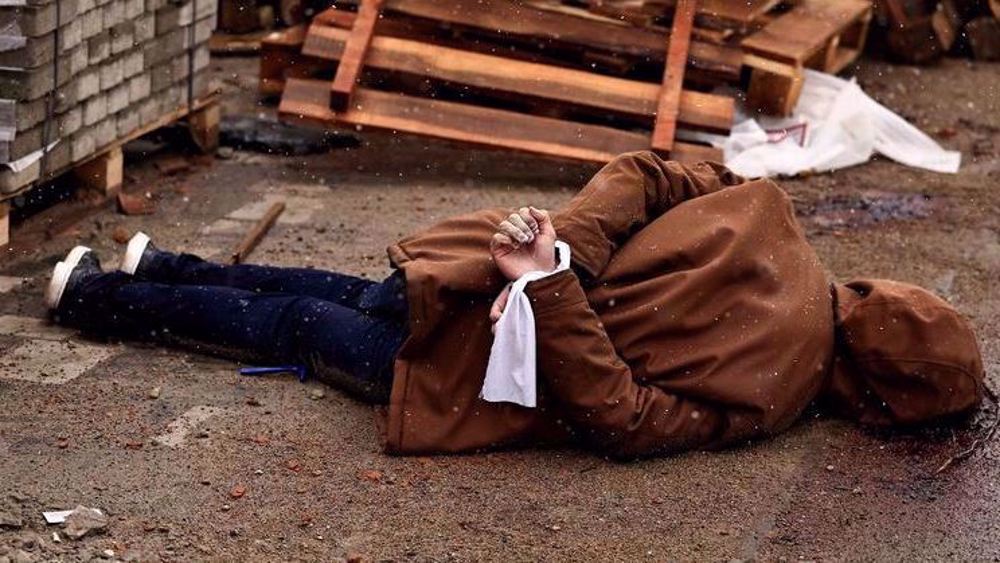
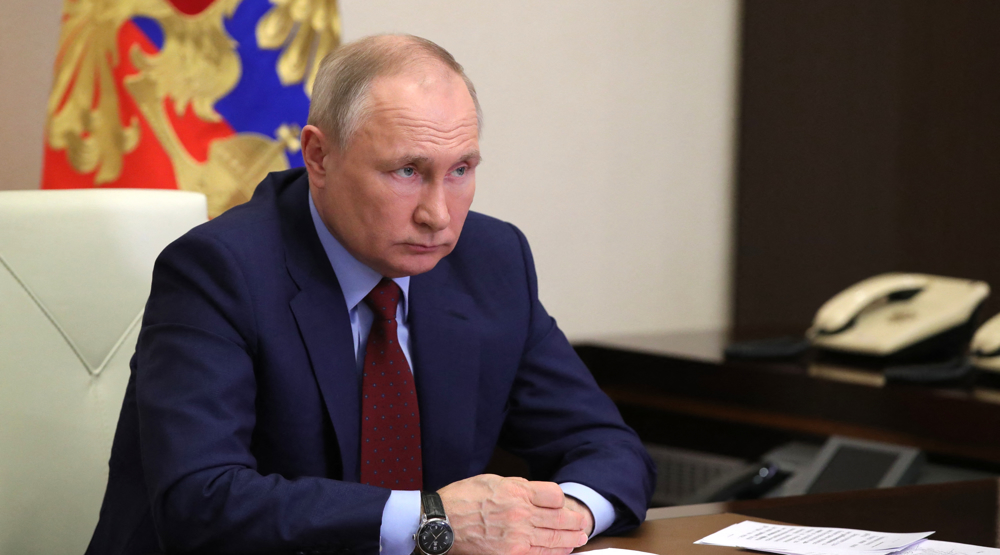
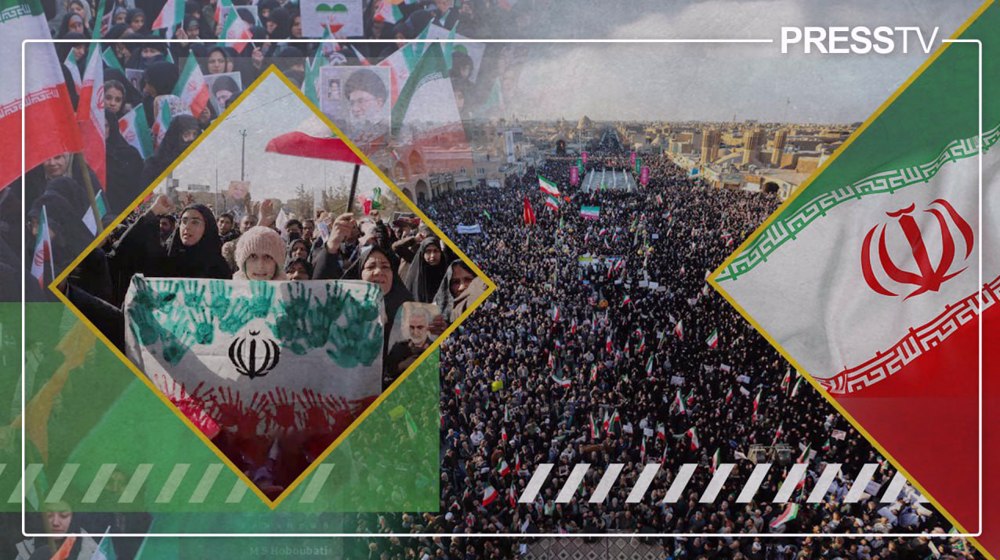
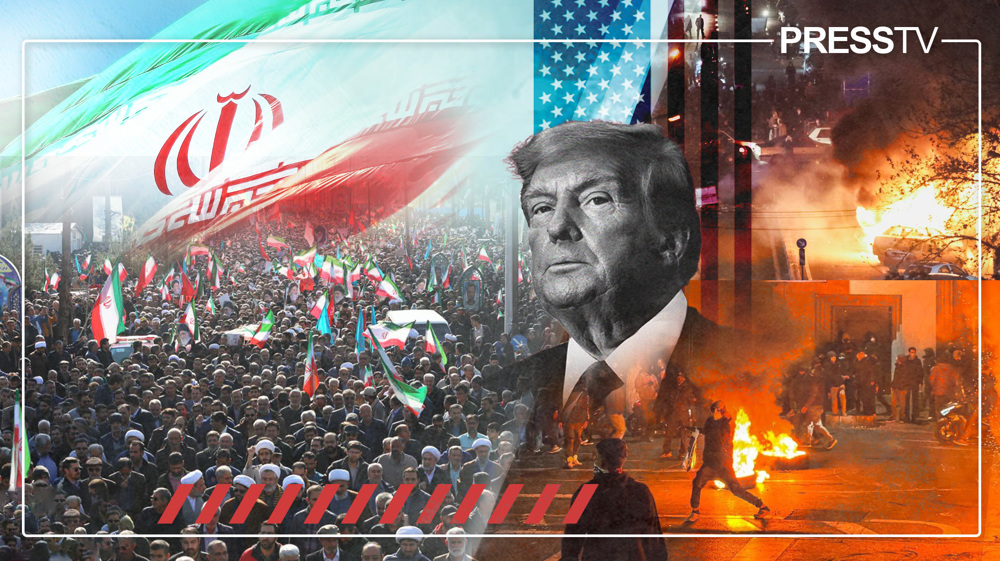
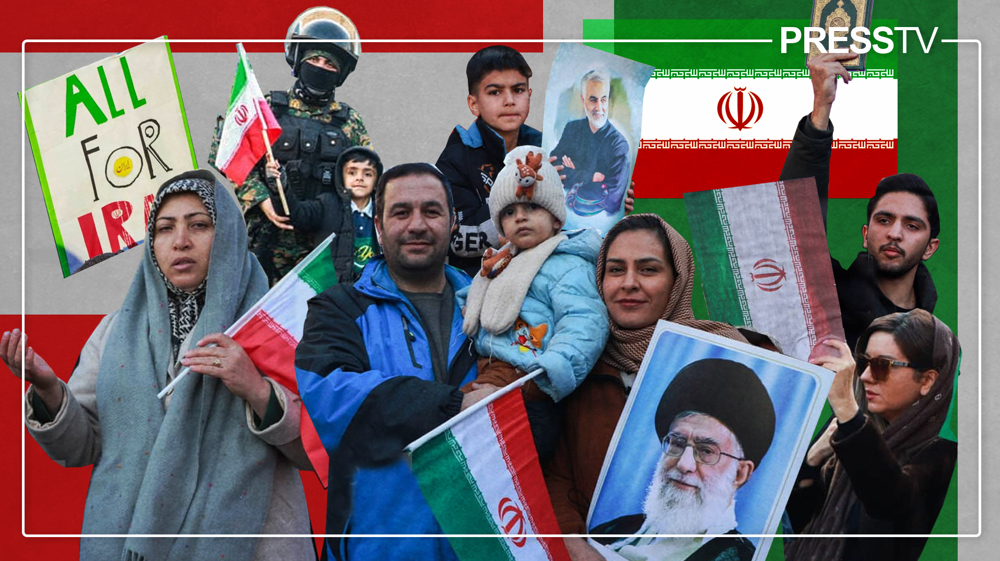



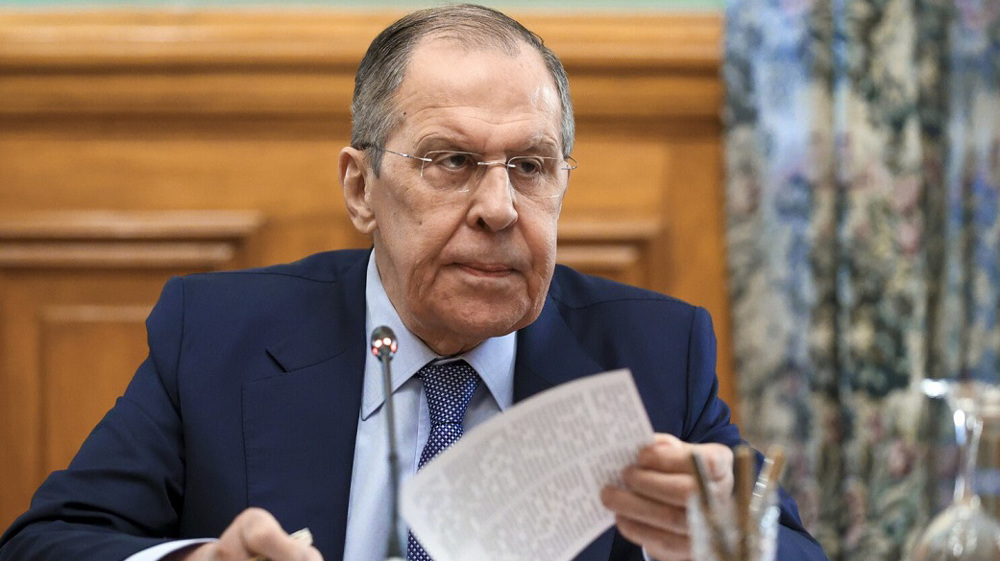
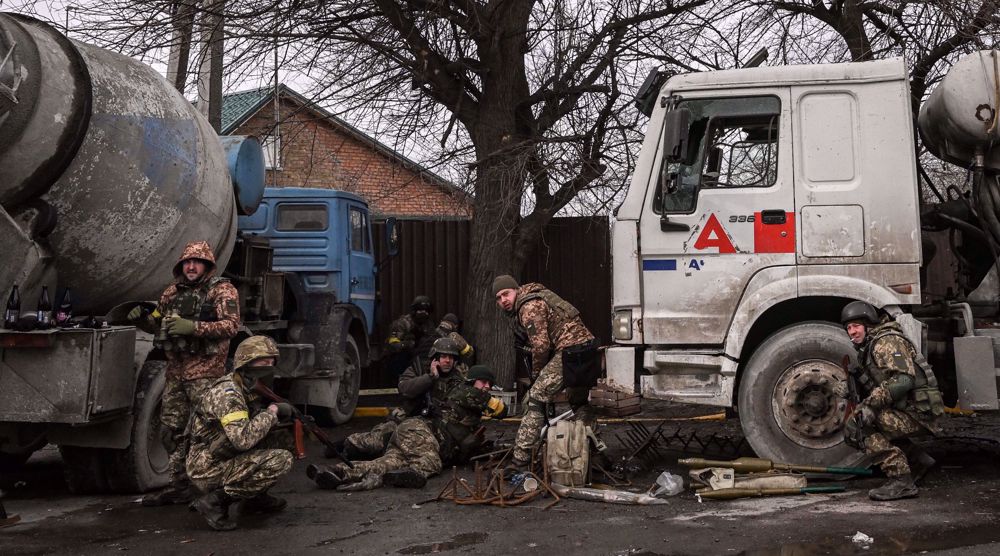

 This makes it easy to access the Press TV website
This makes it easy to access the Press TV website